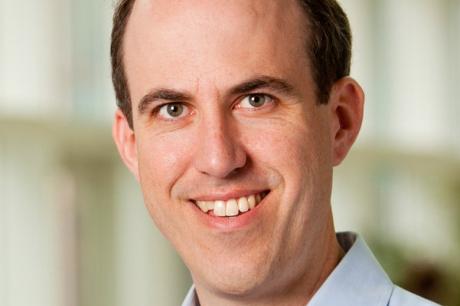
World Health Organization in Geneva
Published December 10, 2013, last updated on April 9, 2018 under Research News
Duke faculty working in global health are at the forefront of the policy debate and are increasingly seated at the table where there’s high potential for making an impact. One recent example is Duke faculty member Anthony So, whose ideas for tackling antibiotic resistance are being considered by leaders at the World Health Organization this month.
Two proposals drafted by So and his colleagues at ReAct – Action on Antibiotic were among 24 being considered by the World Health Organization at its December R&D expert meeting in Geneva. WHO leaders generally agree there is a market failure in which there is minimal financial incentive for companies to invest in research on neglected diseases. But they haven’t come to a resolution on how to solve it.
The goal of the meeting was to narrow proposals to a short-list highlighting the most viable and innovative ways to boost research and development of medical products for diseases primarily affecting low- and middle-income country populations. The short-list of projects could be made public in January.
“Drug resistance has eroded the effectiveness of first-line therapy for bacterial infections, from pneumonia and meningitis to gonorrhea and neonatal sepsis. It also puts at risk the miracles of modern day medicine, from organ transplants to cancer chemotherapy,” said So. “For these proposals to be considered at the global level signals the growing awareness of the critical public health challenge of antibiotic resistance by policymakers.”
One of So’s proposals calls for novel classes of antibiotic drugs to treat drug-resistant bacterial infections. It would establish a drug discovery platform for sourcing novel classes of antibiotics as public goods. So and his team argue for open source, online collaboration for sharing research data and non-exclusive licensing to publicly-funded product development partnerships for generic drug production and scale-up. The proposal embraces the principle of delinkage — separating the return on investment from product revenue — such that companies would not just have incentive to grow revenues and thereby risk overuse of antibiotics through increasing product sales. Low- and middle-income countries can be involved in the process of innovation with greater use of natural products from the biodiverse repositories in those countries.
The second proposal recommends the development of diagnostic tests for managing bacterial infections, detecting drug resistance and spotting low-quality antibiotics as well as offering rapid, low-cost, easy-to-use point-of-care antibiotics that are suited for low-resource settings. Using the example of paper-based diagnostics, the proposal illustrates how innovative financing might be applied to bring such tests to market as the base of health care in low- and middle-income countries. The platform would include a specimen bank, a patent portfolio license for the diagnostic technology and a clinical trial network.
So developed the proposals with assistance from DGHI Research Analyst Huyen Vu and Duke students Logan Beyer, Mark Botros, Erika Ferguson and Will Woodhouse, who are involved in the Program on Global Health and Technology Access at the Duke Sanford School of Public Policy.
Antibiotic resistance is one of So’s primary areas of expertise. Last month, he published a paper as part of the The Lancet Infectious Diseases Commission on Antibiotic Resistance, along with senior Will Woodhouse and others, cautioning against dire setbacks if urgent coordinated action to address antibiotic resistance is not taken by policymakers at the national and international level.
So also has spoken at various policy fora on antibiotic resistance, including at the Trilateral WHO-WTO-WIPO Symposium plenary panel in Geneva in July, the ICAAC meeting in Denver in September, and the World Health Summit in Berlin in October.


